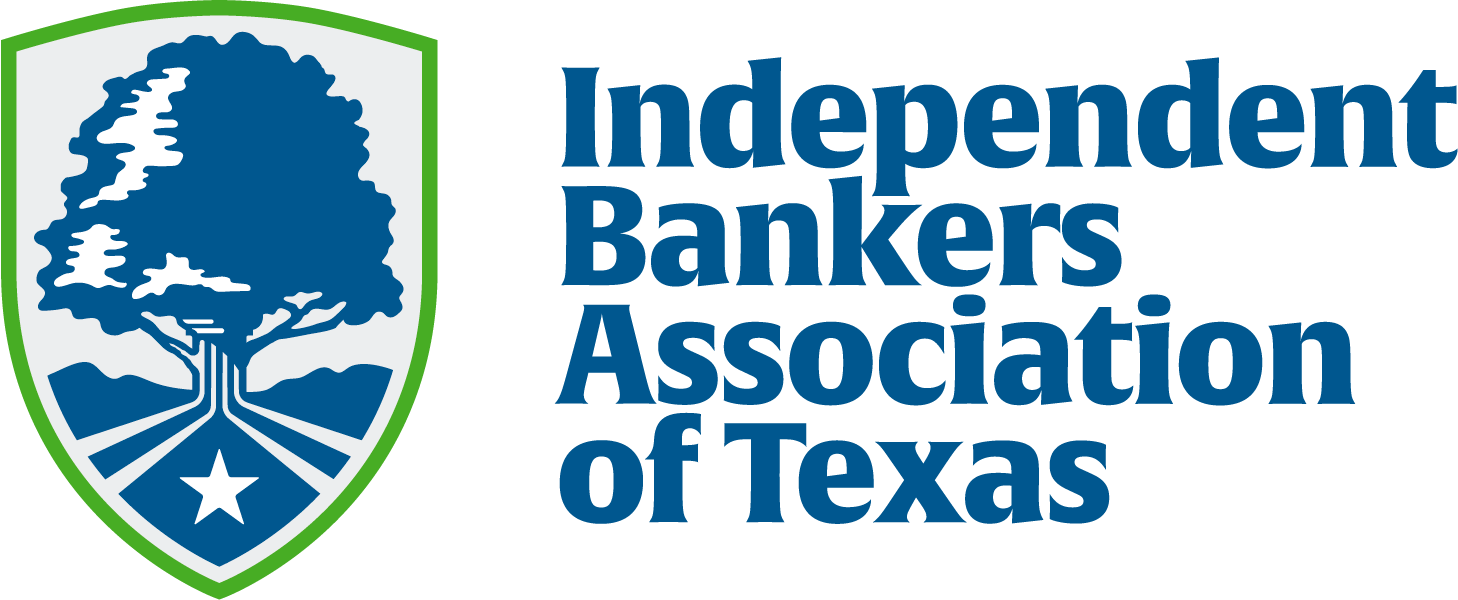In a speech last week, Acting Comptroller of the Currency Michael Hsu’s remarks contained new public statements about the impact of artificial intelligence (AI) on banking. In his remarks, Hsu outlined concerns that AI data sets could exacerbate existing biases, discrimination and unfairness. He called for bank oversight over the models they use and to ensure they have been validated from a fair lending perspective.
Hsu also noted that AI can accelerate fraud and referenced a UK-based model where the customer’s bank and the receiving bank must reimburse defrauded customers for losses, with the reimbursement cost split 50-50 between each bank, even in instances of authorized transactions. Hsu sees this policy as forcing the development and implementation of effective fraud controls in the AI environment.
Hsu’s remarks came after the Treasury Department released a report in late March entitled “Managing Artificial Intelligence-Specific Cybersecurity Risks in the Financial Services Sector.” In the report, steps were outlined for addressing the immediate operational risk, cybersecurity and fraud challenges associated with artificial intelligence. It also highlighted the differences between large and small financial institutions when it comes to leveraging AI and fighting fraud.
IBAT is actively engaged in federal and state AI policy proposals alongside the Independent Community Bankers of America and other stakeholders, as AI technology becomes more prevalent.




